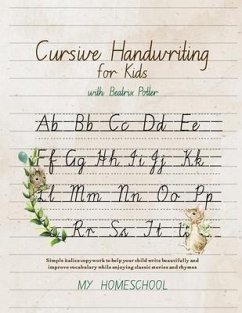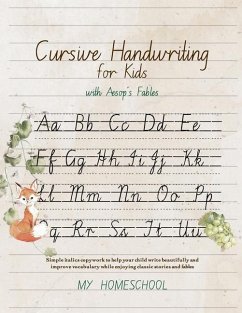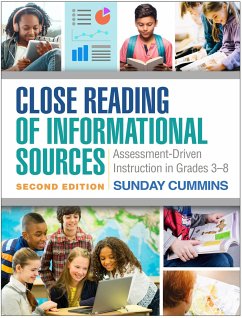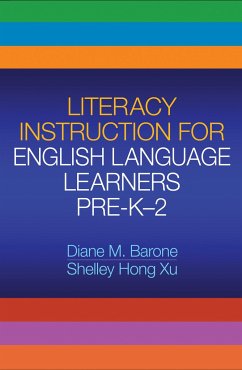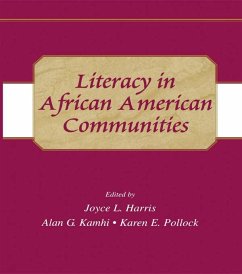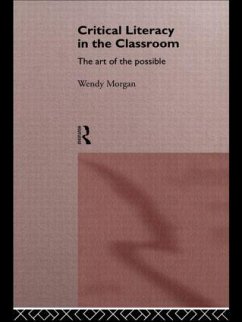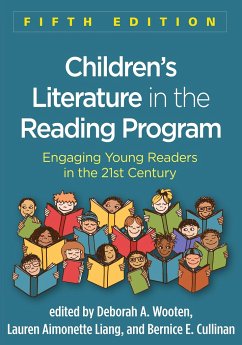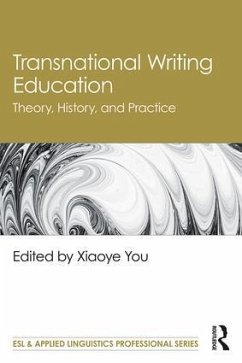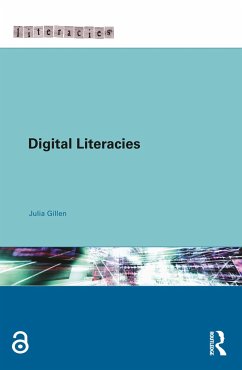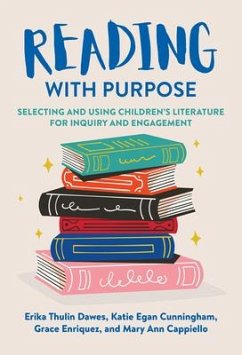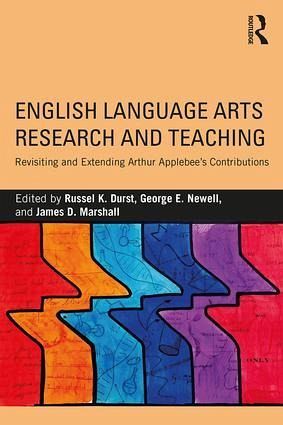
English Language Arts Research and Teaching
Revisiting and Extending Arthur Applebee's Contributions
Herausgeber: Durst, Russel K; Marshall, James D; Newell, George E
Versandkostenfrei!
Versandfertig in über 4 Wochen
56,99 €
inkl. MwSt.

PAYBACK Punkte
28 °P sammeln!
Taking as their starting point the most enduring insights to emerge from acclaimed researcher Arthur Applebee's scholarship, this volume brings together leading experts to fully examine his work for its explanatory power and its potential to shape current and future research agendas, and to extend and challenge his contributions.



